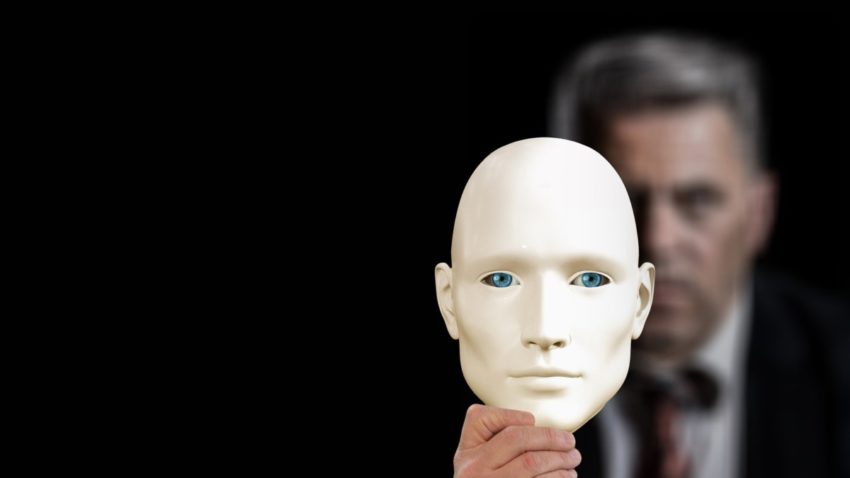by Martha Albertson Fineman & George Shepherd

Image by Mariana Anatoneag
“VII. PROHIBITING HOMESCHOOLING
Because of the harms homeschooling causes to children and society, it should be prohibited. We reach this conclusion recognizing that even if homeschooling is prohibited, parents would still be the primary influences on children.
A. Prohibiting Homeschooling to Protect Children and Society
One strong reason for prohibiting homeschooling is the harm it causes the child and society. It is an unreliable way to ensure children gain the necessary resilience they need to take advantage of future opportunities in both education and the workplace. It also may impair their sense of solidarity and citizenship by eliminating empathy-building encounters with people who are different demographically or ideologically.
Although these arguments for prohibiting homeschooling are not often heard in the United States, where homeschooling has unusual support, they are mainstream in the many countries where homeschooling is prohibited. For example, the European Court of Human Rights used similar reasoning when it held that the CRC made homeschooling illegal in Germany. Germany is not alone in prohibiting homeschooling. Many other countries similarly prohibit or do not legally recognize homeschooling, including Argentina, Brazil, Bulgaria, Croatia, Greece, Kenya, Malta, Netherlands, Romania, South Korea, Spain, Sweden, and Turkey. In many other countries, homeschooling is legal but heavily regulated, often requiring home inspections and yearly exams. Such countries include Aruba, Czech Republic, Estonia, France, Hungary, Iceland, Malaysia, Norway, Portugal, and Slovakia. Even in the countries that do permit homeschooling, the number of children who are homeschooled is much smaller than in the United States, both as a fraction of total students and in total numbers.
Continue reading Homeschooling: Choosing Parental Rights Over Children’s Interests

